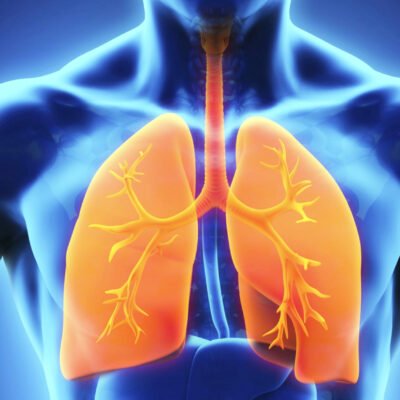Adderall is an amphetamine-based prescription drug that’s used to treat hyperactivity and attention deficit disorder. It is classified as a stimulant that works on the nervous system. Adderall can help you stay organized, improve your listening and attention skills, and control your sleep. Adderall is a medication that can be addictive and has a high abuse risk. It’s not recommended for patients who have a history of substance use disorders.
What is Adderall?
Adderall, a prescription stimulant drug, contains two substances: dextroamphetamine and amphetamine. It is a central nervous system (CNS) stimulant that’s typically prescribed for patients with narcolepsy or ADHD (attention deficit/hyperactivity disorder).
It is highly addictive because it increases dopamine levels in the CNS. Adderall is a controlled medication. Many users become addicted to Adderall’s effects.
What does Adderall do?
Adderall has a positive effect on the central nervous system. It can improve your ability to concentrate, your short-term memories, and certain neurotransmitters within your brain. These neurotransmitters help to increase brain activity and improve your ability to function, sort priorities, and decide what you should focus on.
Adderall increases neurotransmitters such as dopamine and norepinephrine. These neurotransmitters speed up brain activity, which is why Adderall helps with disorders like ADHD.
Adderall side effects
Adderall side effects can mimic the sensations that we experience in a fight or flight situation. The side effects of Adderall for those who are addicted and take it without ADHD can be very severe.
There are some Aderral side effects that you may experience:
- Uncontrollable shaking
- Having seizures
- Slight fainting
- Panic attacks
- Slow down your speech.
- Cardiovascular problems
- Headaches
- Dizziness
- Panic attacks
Swings in mood
A constant mood swing can also be a side effect. Adderall can be used to make you more social, so withdrawal can affect your behavior. You may also feel tired and irritable, as well as have trouble sleeping.
Brain disturbances
Adderall can cause excess dopamine in a person who does not have ADHD. It can disrupt the way your brain communicates with your body and lead to addiction. Instead of being calming, it can produce brief moments of euphoria. What happens if you are not ADHD but take Adderall? You start to chase that feeling. This constant chasing of the feeling can lead to Adderall dependence.
Addiction
A higher dosage may lead to addiction, which requires therapy. Adderall users who stop using it after becoming dependent feel sluggish and sad. Constant use and high dosages can alter brain chemistry.
Even though it is not considered a dangerous substance by some, its abuse can cause health problems and withdrawal symptoms, including difficulty sleeping, changes in appetite, drug cravings, and even suicidal thoughts.
Adderall and ADHD: How does it work?
ADHD patients are often disorganized and have difficulty focusing on one thing at a given time. Amphetamines found in stimulant medications help people with ADHD stay focused on conversations and accomplish tasks.
Adderall reduces impulsivity and improves focus and attention. Adderall helps to maintain the proper balance of norepinephrine and dopamine in the brain. This reduces the overall activity of the central nervous system.
If a child is diagnosed with ADHD, doctors can prescribe Adderall. You can begin with small doses to see if your child’s attention improves. Early treatment can help them overcome their condition and reach adulthood with no symptoms.
What to do if Adderall doesn’t work
Adderall is a highly effective treatment for ADHD and similar brain conditions. It does not work for everyone. Adderall may not work for a patient due to a variety of reasons, including:
- Incorrect dosage
- The underlying disorders that affect the effectiveness of medication
- ADHD misdiagnosed
- Drug interactions
If you or someone you care about feels that Adderall isn’t working, you should consult a doctor right away. Remember that standard medication alone may not be effective for 1 out of 3 adults with ADHD. 30% of children do not respond well to stimulants.
Adderall has FDA approval to treat ADHD and narcolepsy. It can be helpful for those who need it. It’s important to be aware of the risks, as they can increase the likelihood of addiction. You may be at high risk for Adderall addiction if you take more Adderall than prescribed or rely on Adderall in order to function properly. Consult your doctor and consider talking to an addiction specialist.





